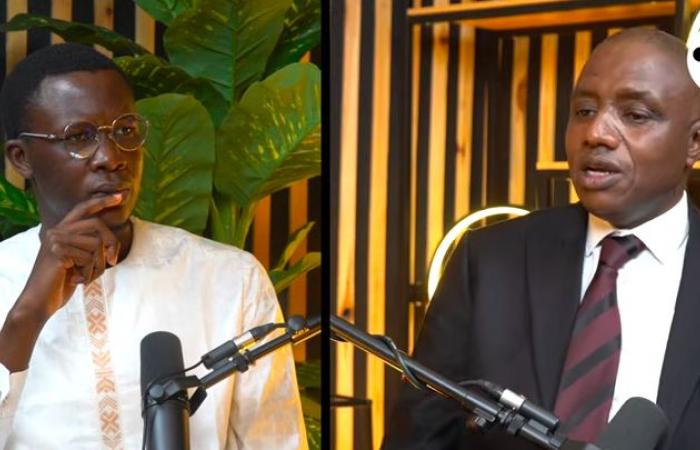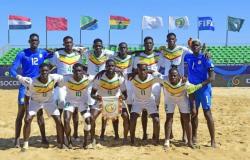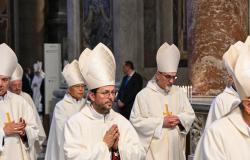In an interview with Pape Alioune Sarr during the program “Bl Podcast”, Dr. Yoro Dia, former minister and doctor of political science, delivered a lucid analysis of Senegalese diplomacy and his evolution through the various presidencies.
“Senegal is a country of very great diplomacy. It is a reality that has become possible thanks to our first president,” said Yoro Dia. According to him, Léopold Sédar Senghor was able to understand that the single geography of Senegal – a country located at the “Porte de l’Afrique”, facing the Americas and a few hours from Europe – naturally imposed an opening policy. The Senghorian principle of “rooting and opening” has thus founded diplomacy which gave Senegal an international influence inversely proportional to its economic weight.
This diplomatic tradition is headlessly opposed to “sovereignism” advocated by certain current leaders. For Dr Dia, this posture is anachronistic for a country like Senegal which accessed its international sovereignty in April 1960. Unlike landlocked countries like Mali, Burkina or Niger, Senegal is naturally turned out: “We discuss with everyone. We can be friends, we can be allied, but we are never aligned. Senegal has never been in camp stories.”
The expert recalls that Senegal represents a precious “exception” in Africa and in the world. Mainly Muslim countries having had a Catholic president for twenty years, stable democracy in a troubled region, Senegal has always had the “manifest destiny” to breach the culturalist theses affirming the incompatibility between Islam and democracy, or between Africa and multipartyism.
Senegalese diplomacy has experienced different phases. If Senghor based it on culture and dialogue, Abdou Diouf militarized it with interventions in Gambia and Guinea-Bissau. Under Macky Sall, diplomacy oriented towards economic development and democratization of neighboring countries, gradually transforming “the first circle of fire” bordering “a circle of peace while waiting to make it a circle of prosperity”.
Yoro Dia regrets, however, that Senegal has today “disappeared from African and global diplomatic radars”. “When you give up your principles, when you give up your values, when you give up your historical destiny, you become a common country,” he deplores. Senegal should, according to him, regain its historic role as mediator and defender of democratic values in Africa, rather than align with neighboring authoritarian regimes.
“The strength of Senegal in the world is to say that we are African and Democrats, we are Muslim and open,” insists the political scientist, calling for diplomacy based on “moral clarity” and the defense of Senegalese values, beyond the fluctuations of public opinion.
In a world marked by the rise of “identity entrepreneurs”, the journalist by training sees Senegal as “a chance for the world”, a model demonstrating that a country can be Muslim, democratic and stable. A vision that current leaders should, according to him, forcefully reaffirm on the international scene.








